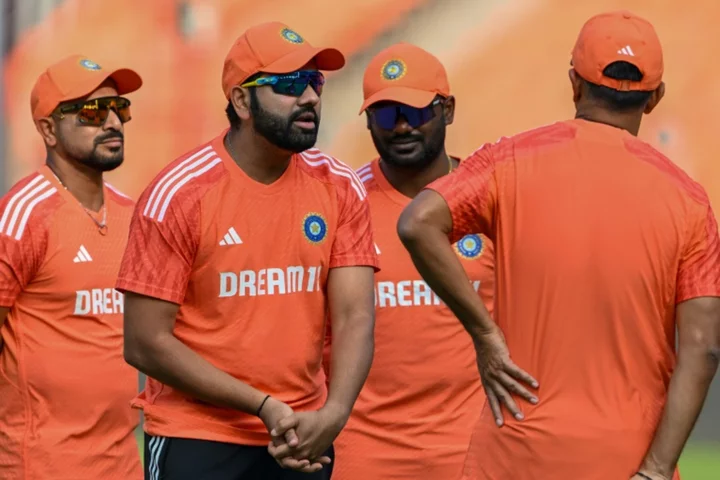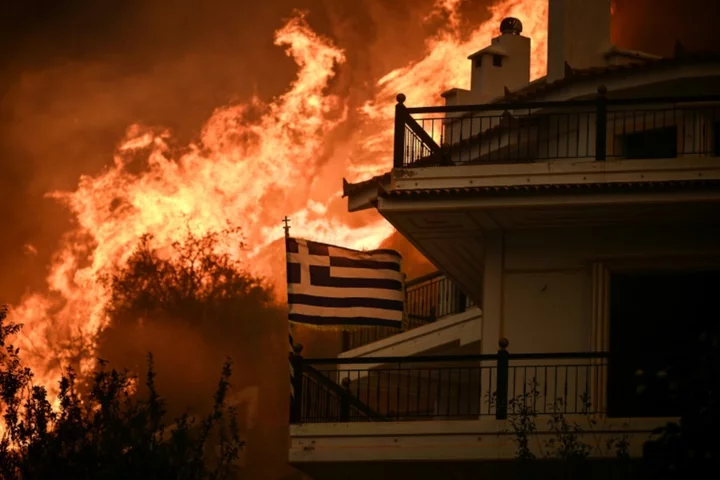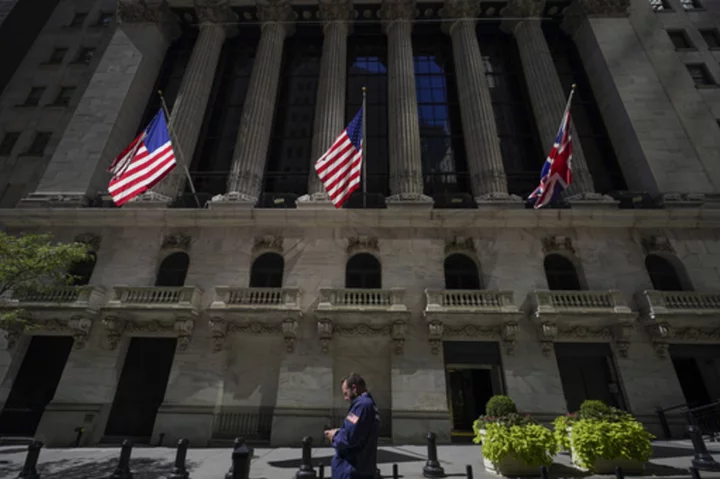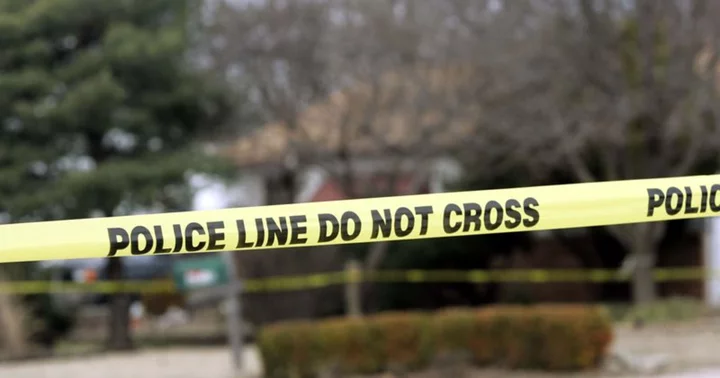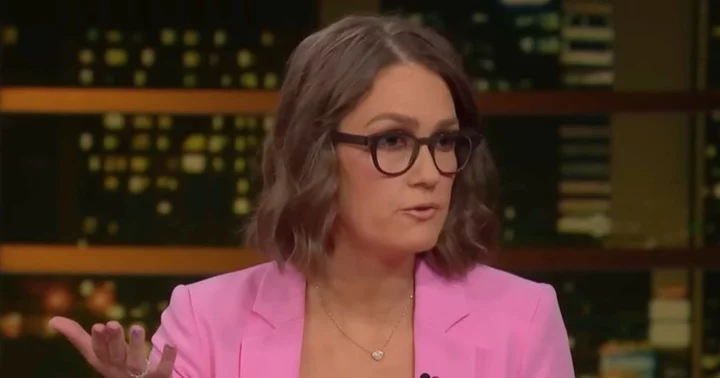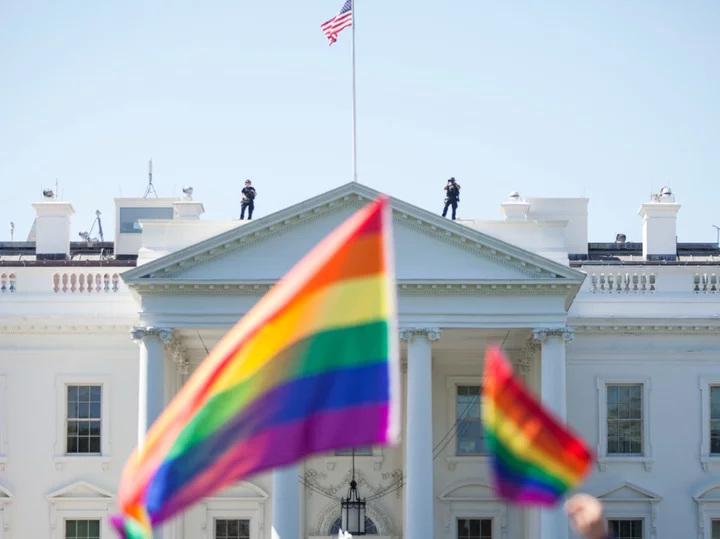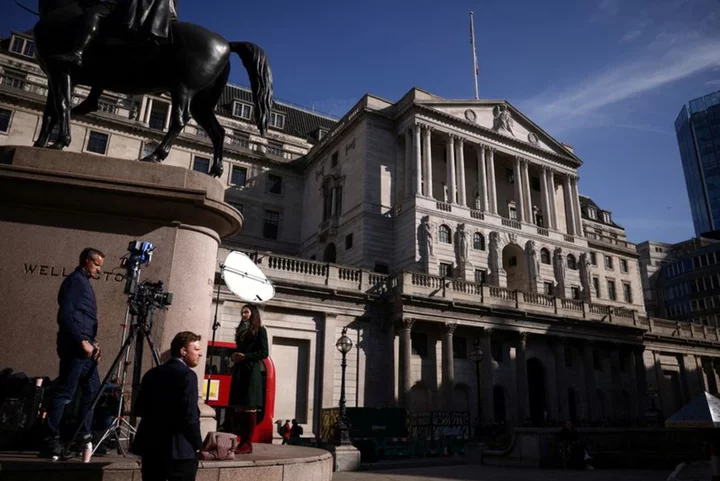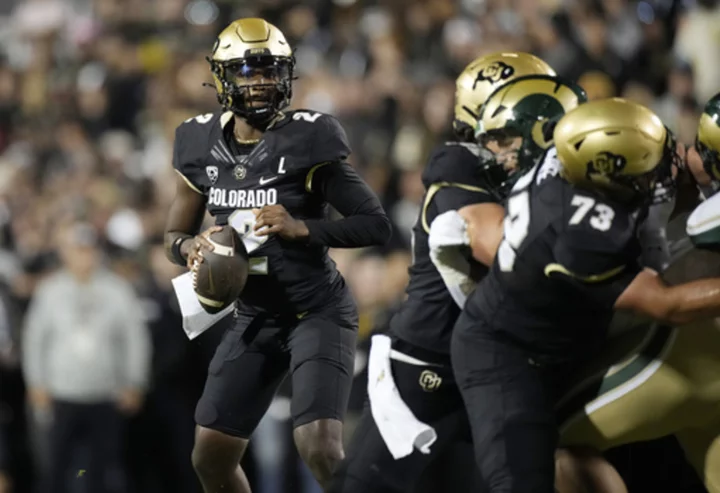Germany's president Monday urged Beijing and Washington to boost dialogue, as he hosted Premier Li Qiang at a time when China's policies on Russia, trade and human rights are receiving an increasingly hostile reception in the West.
Li, who was named China's prime minister in March, is on a two-nation visit which will also take him to France for a climate financing summit hosted by President Emmanuel Macron.
President Frank-Walter Steinmeier stressed the importance of ties between China and the United States for "global security and cooperation," wrote his spokeswoman Cerstin Gammelin on Twitter, after the German leader hosted Li for talks.
"He called for the strengthening of communication channels between both countries," she added, after months of US-China tensions.
Li in turn said China was ready to work with Germany to contribute to "global stability and prosperity," according to state media Xinhua.
Li's European tour came as US Secretary of State Antony Blinken was on a high-stakes trip to Beijing, where a glimpse of optimism emerged with President Xi Jinping assessing that "some progress" was made.
The United States and the European Union have cast an increasingly wary eye on China in recent months, and Li has made Germany his first stop abroad, anxious to bring the export giant onside again.
He and Chancellor Olaf Scholz will lead their cabinets for joint talks on Tuesday, but Germany's first national security strategy, published days ago, could set the tone at the meeting.
- Systemic rival -
The blueprint stridently accused China of acting against German interests, putting international security "under increasing pressure" and disregarding human rights.
But it also underlined the necessity of getting Beijing's cooperation on global issues like fighting climate change.
Beijing has bristled at being described as a "partner, competitor and systemic rival" in the text, saying such labels would only "push our world towards a vortex of division and confrontation".
Export giant Germany, by virtue of its economic might, has always enjoyed special ties with China.
Under former chancellor Angela Merkel, Berlin took a pragmatic approach of talking up economic opportunities while keeping less flattering opinions on rights and freedom behind closed doors.
That made China a key market for Germany's exporters while also allowing Berlin to take in prominent human rights activists like Liu Xia, apparently without suffering any retaliatory consequences.
But the coronavirus pandemic raised questions about relying on a far-flung partner with its own huge domestic needs for health essentials.
And Russia's war on Ukraine turned the approach of economic rapprochement on its head.
With China refusing to distance itself from Russian President Vladimir Putin, concerns mounted in the West over its motives and reliability.
Speaking in Berlin on Monday, NATO chief Jens Stoltenberg noted that many had previously thought that buying gas from Russia was "a purely commercial decision, only to learn the hard way".
"We must not make the same mistake once again with other authoritarian regimes, not least China," he warned.
The European Commission last week assessed that Chinese telecoms giants Huawei and ZTE posed a risk to the EU's security and said it would stop using services that relied on the companies.
In a stark illustration of Germany's rush to end dependency, Berlin signed a huge investment deal with US group Intel on Monday for a semiconductor chip factory worth 30 billion euros.
- 'Economy in trouble' -
Inconveniently for China, the shift is happening when it is struggling economically.
Sluggish exports and domestic demand are weighing on China's post-Covid economy.
No surprise, then, that Li had come to town, analysts said.
Li is "in charge of fixing the economy, which is in trouble", Ian Johnson, China expert at the US think tank Council on Foreign Relations, told AFP.
"So it makes sense to go to China's biggest trading partner in Europe," he said, adding that Beijing needs "further investment and better business ties with companies, such as BASF, VW and Siemens".
Thorsten Benner, director of the Global Public Policy Institute, told AFP that it was "open whether Germany continues to play the game of pretending there is broad agreement with Beijing", in a meeting he called a "stress test".
hmn/sr/gw


